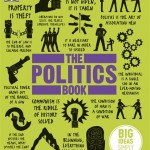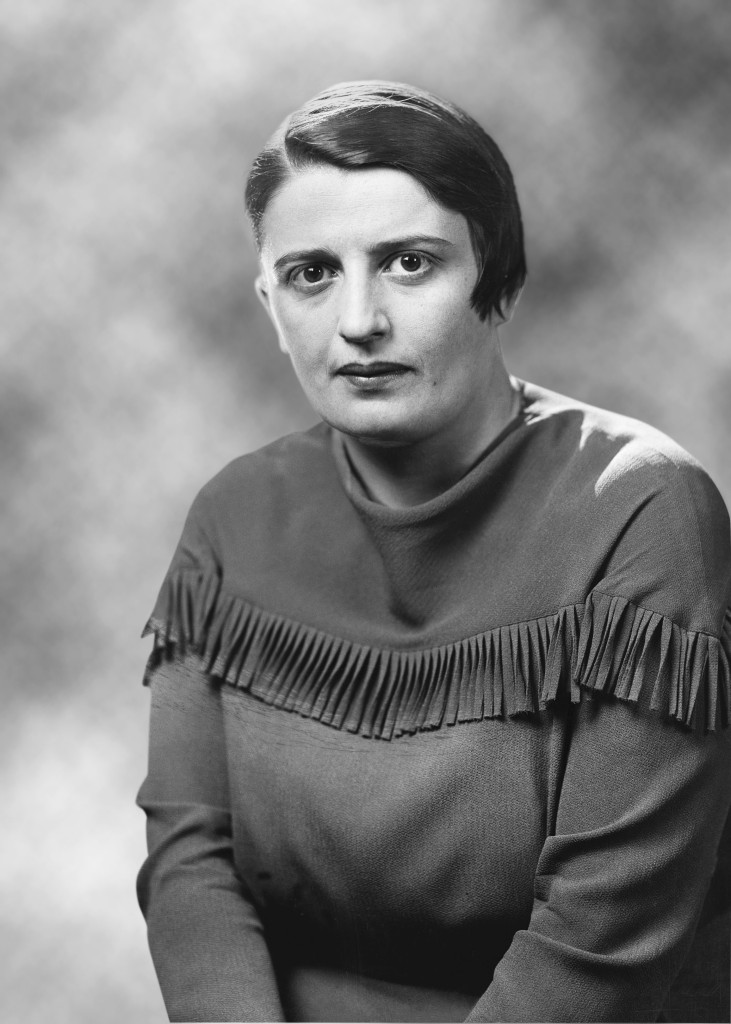 Frost is a hive of political junkies so you can imagine how excited we were when The Politics Book came through our letterbox (actually, it was far to big. The postman had to hand it to us). It is 352 pages of political quotes, ideas, biographies, pictures…basically, it is a political junkies dream. So, did it live up to our original hopes?
Frost is a hive of political junkies so you can imagine how excited we were when The Politics Book came through our letterbox (actually, it was far to big. The postman had to hand it to us). It is 352 pages of political quotes, ideas, biographies, pictures…basically, it is a political junkies dream. So, did it live up to our original hopes?
Read on….
The Politics Book takes you through 2,500 years of politics. Broken into dates from 800 BCE to the present day, the sections are: Ancient Political Thought, Medieval Politics, Rationality and Enlightenment, Revolutionary Thoughts, The Rise of the Masses, The Clash of Ideologies and Postwar Politics.
The Politics Book is both a guide and a reference. The publisher refers to it as a “comprehensive guide to understanding every significant political theory and principle from ancient philosophy to modern warfare, and the lasting impact of these concepts worldwide.” The book is not only that but it is also easy to read. The book is full of fun graphs, pictures and quotes. Unlike some encyclopedias and reference you could read it from cover to cover easily and without getting bored.
I loved this book. I think it is very well done. A book of this type could have been tedious and unreadable, instead they have published a book that is both fascinating and fun to read. Every family should have one, and so should every school. Top marks.
Excerpt from book: Postwar Politics: Any Rand.
During the mid-20th century, the twin forces of fascism and communism led many in the West to question
the ethics of state involvement in the lives of individuals. Russian-American philosopher and novelist Ayn Rand believed in a form of ethical individualism, which held that the pursuit of self interest
was morally right. For Rand, any attempt to control the actions of others through regulation corrupted
the capacity of individuals to work freely as productive members of society. In other words, it was
important to preserve the freedom of a man from interference by other men. In particular, Rand felt that the state’s monopoly on the legal use of force was immoral, because it undermined the practical use of reason by individuals. For this reason, she condemned taxation, as well as state regulation of business and most other areas of public life.
Ideology
Objectivism
Focus
Individual liberty
Before
1917 The young Ayn Rand
witnesses the October
Revolution in Russia.
1930s Fascism rises
across Europe as a series
of authoritarian states
centralize state power.
After
1980s Conservative, freemarket
governments – in
the UK under Margaret
Thatcher, and in the US under
Ronald Reagan – achieve
electoral success.
2009 The Tea Party movement
begins in the US , with a
right-wing, conservative,
tax-reducing agenda.
Late 2000s Renewed interest
in Rand’s works follows the
global financial crisis.
Ayn Rand quotes:
A man can only live
according to reason if he
is allowed to pursue his
own self-interest.
There is nothing to take
a man’s freedom away from
him, save other men.
In order to be free,
a man must live
according to reason.
Interference from others,
including the state, restricts
a man’s ability to pursue his
own self-interest.
Reason is the only source
of human knowledge.
There is nothing to
take a man’s freedom
away from him,
save other men
Ayn Rand (1905–1982)

Objectivism
Rand’s main contribution to political thought is a doctrine she called objectivism. She intended
this to be a practical “philosophy for living on Earth” that provided a set of principles governing all
aspects of life, including politics, economics, art, and relationships. Objectivism is built on the idea that reason and rationality are the only absolutes in human life, and that as a result, any form of “just knowing” based on faith and instinct, such as religion, could not provide an adequate basis for existence. To Rand, unfettered capitalism was the only system of social organization that was
compatible with the rational nature of human beings, and collective state action served only to limit the capabilities of humanity. Her most influential work, Atlas Shrugged, articulates this belief clearly. A novel set in a United States that is crippled by government intervention and corrupt businessmen, its heroes are the industrialists and entrepreneurs whose productivity underpins
society and whose cooperation sustains civilization. Today, Rand’s ideas resonate in libertarian and conservative movements that advocate a shrinking of the state. Others
point out problems such as a lack of provision for the protection of the weak from the exploitation
of the powerful. ■
Ayn Rand biography
Ayn Rand was born Alisa
Zinov’yvena Rosenbaum in St
Petersburg, Russia. The Bolshevik
Revolution of 1917 resulted in her
family losing their business and
enduring a period of extreme
hardship. She completed her
education in Russia, studying
philosophy, history, and cinema,
before leaving for the US.
Rand worked as a screenwriter
in Hollywood before becoming an
author in the 1930s. Her novel The
Fountainhead appeared in 1943
and won her fame, but it was
her last work of fiction, Atlas
Shrugged, that proved to be her
most enduring legacy. Rand
wrote more non-fiction and
lectured on philosophy,
promoting objectivism and
its application to modern life.
Rand’s work has grown in
influence since her death and
has been cited as providing a
philosophical underpinning to
modern right-libertarian and
conservative politics.
Key works
1943 The Fountainhead
1957 Atlas Shrugged
1964 The Virtue of Selfishness
Man – every man – is an end
in himself, not the means
to the ends of others.
Ayn Rand
That so few dare to be
eccentric marks the chief danger
of the time John Stuart Mill (1806–1873)
 Comedian, actor and political activist (or non-politics activist, whichever you prefer) Russell Brand is to bring out another book. Ben Dunn, Publishing Director of Century has acquired UK and Commonwealth rights to the new book.
Comedian, actor and political activist (or non-politics activist, whichever you prefer) Russell Brand is to bring out another book. Ben Dunn, Publishing Director of Century has acquired UK and Commonwealth rights to the new book.


